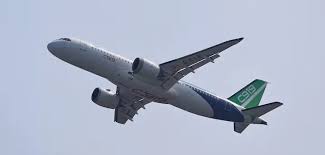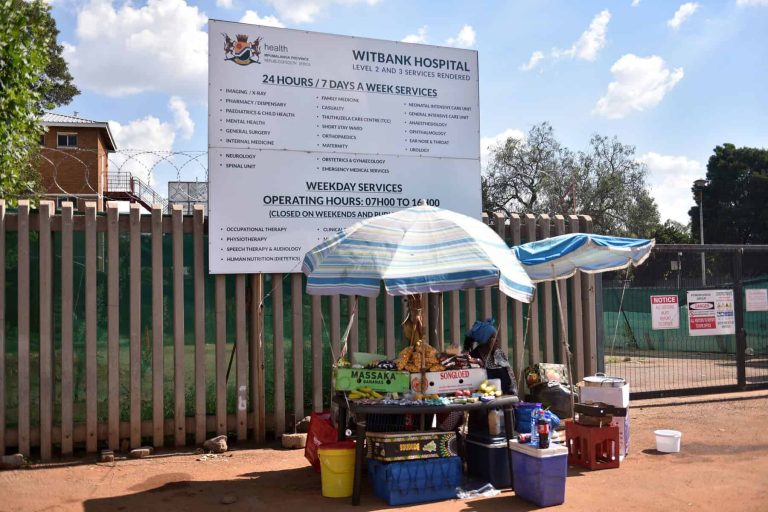
The Nigerian Civil Aviation Authority (NCAA) has begun the process of certifying China’s new C919 aircraft for use by domestic carriers, signaling a potential shift in the country’s commercial aviation landscape.
Speaking to journalists on the sidelines of the International Civil Aviation Organization (ICAO) Assembly in Montreal, NCAA Director General Capt. Chris Ona Najomo revealed that Nigeria is actively assessing the C919 jet, manufactured by Chinese state-owned planemaker COMAC, with a view to its approval for local airline operations.
“We’re looking at the certification of the airplane. First of all, that is where we have to start,” Najomo stated.
The C919, a narrow-body jet developed by COMAC, is designed to rival popular models like the Boeing 737 and Airbus A320. However, while it has begun commercial operations in China, it is yet to secure benchmark certifications from key Western regulators, a critical hurdle for international market entry.
COMAC has held several rounds of discussions with Nigerian officials as it seeks a foothold in the African market. The company has proposed maintenance support, training programs, and dry lease agreements (leasing aircraft without crew) to make its aircraft more attractive to Nigerian operators.
“We just told them that if they can make sure they facilitate a good dry lease arrangement, it’s better,” Najomo added.
However, challenges persist. In addition to certification delays, COMAC is struggling to meet delivery targets. Earlier this year, the United States temporarily restricted the export of CFM engines which power the C919 amid ongoing trade tensions with China.
Despite these headwinds, Nigeria’s interest in the aircraft is seen as a boost for COMAC’s African ambitions and could pave the way for more affordable fleet options for local airlines.
Implications for Nigeria’s Aviation Sector
Nigeria currently has 13 active airlines, many of which rely heavily on leased aircraft. Najomo said the push to evaluate and potentially approve the C919 is already generating renewed interest among aircraft lessors, which could lead to easier access to newer, more efficient aircraft for Nigerian operators.
Though air travel remains expensive for many Nigerians, the average real airfare dropped by 43.6% between 2011 and 2023, according to recent data from the International Air Transport Association (IATA), indicating gradual affordability in the sector.
If certified, the C919 would mark a new chapter for Nigerian aviation as the first Chinese-built jet to operate on the country’s domestic routes.
As of now, the COMAC C919 is flown exclusively by Chinese airlines, with its international expansion hampered by regulatory and supply chain hurdles.
Still, with African markets offering significant untapped potential, Nigeria’s willingness to evaluate the aircraft could serve as a litmus test for wider regional adoption, especially if the NCAA proceeds with certification and carriers express interest in acquiring or leasing the jet.



